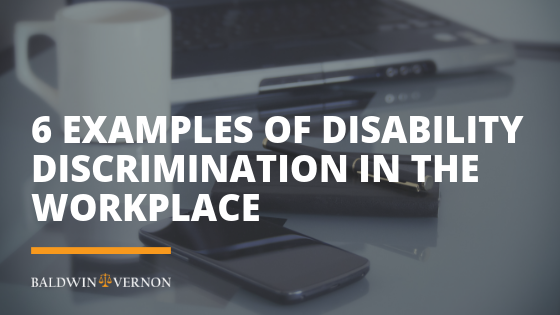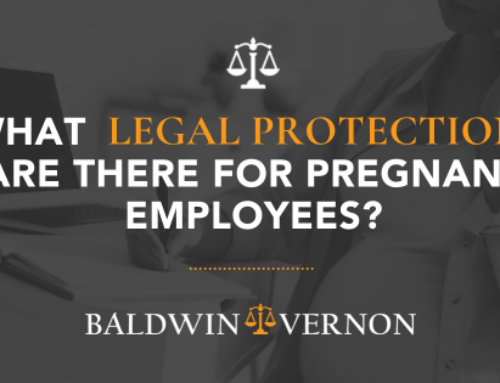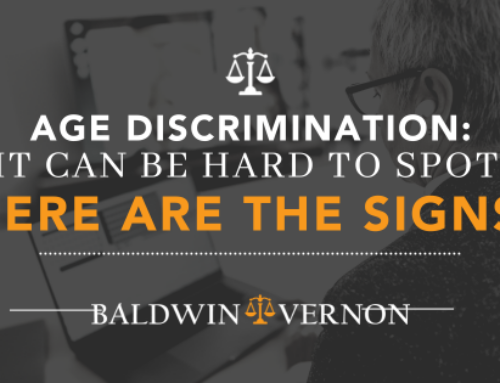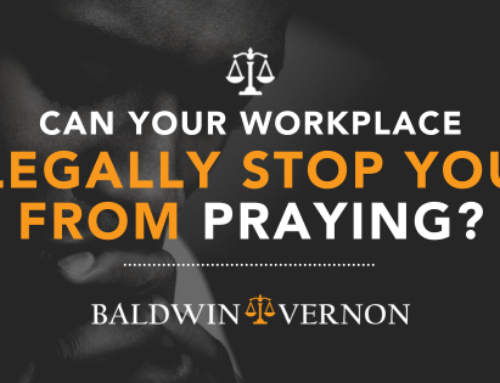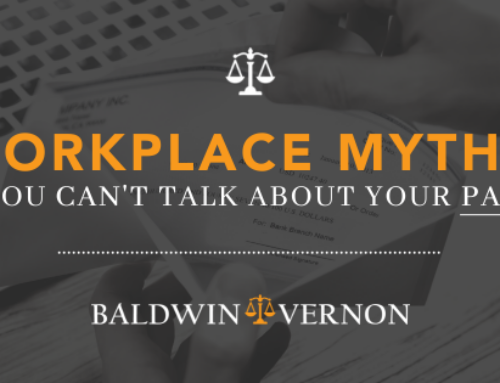6 examples of disability discrimination in the workplace
The Americans with Disabilities Act protects you from being discriminated against due to a past, current, or perceived disability. Disability discrimination in the workplace is against the law but unfortunately, that doesn’t deter all violations. Here are 6 examples of disability discrimination and its presence in a work environment.
Firing a candidate because of a disability
Employers are not permitted to make any job-related decision based on a candidate’s or employee’s disability. This includes hiring decisions, promotions, terminations, and other related aspects of employment. If an employer doesn’t hire a qualified applicant due to a disability, decides to reassign the employee to a lesser role, or fire him or her because of a disability, it would be in violation of the law and is considered disability discrimination.
For example, in Griffiths vs. Secretary of State for Work and Pensions, the court held that the dismissal of a worker due to disability-related absences, which violated the attendance policy, was unlawful and constituted discrimination.
Discrimination due to past disability
Even if the disability is in an employee’s past, it is still unlawful to discriminate against him or her. If a worker has overcome cancer but is not given a promotion or a job offer due to the risk of a relapse, that is discrimination and it is against the law.
Failing to accommodate an employee’s disability
Installing a wheelchair ramp at the office is an example of reasonable accommodation for a worker who has a disability. Employers are required by law to make reasonable accommodations for disabled employees as long as it isn’t financially impossible or extremely difficult. A small business in its early days might not be able to afford the installation of a wheelchair ramp and therefore the employer would not have to complete this project by law.
Reasonable accommodation can be as simple as making alterations to the layout of the furniture in the lounge or providing additional equipment to assist an employee with their work.
Discrimination by perception
Even if a worker is not disabled but is discriminated against because he or she is believed to have a disability, it’s still against the law. The assumption of a mental disability, disease, or progressive sickness is not an excuse for any type of discrimination in the workplace.
Harassing someone with a disability
It is against the law to harass an individual if he or she is disabled, had a disability or is believed to have a disability. Harassment includes anything from an offensive remark to a verbal or physical threat. In most cases, the harassment must happen more than once and create a hostile work environment. The law protects disabled individuals from being harassed by anyone in the workplace, including supervisors and customers. Bullying, nicknames, inappropriate questions, and unwanted jokes are all forms of disability harassment.
Declining a job offer to someone due to a family member’s disability
If an employee is married to a disabled spouse and is passed over for promotion because the decision maker believes that the employee cannot devote adequate time to the job due to the disabled family member, that is considered disability discrimination and it is against the law.
If you believe that you have a disability discrimination case, contact an attorney with experience in disability law to help you.


